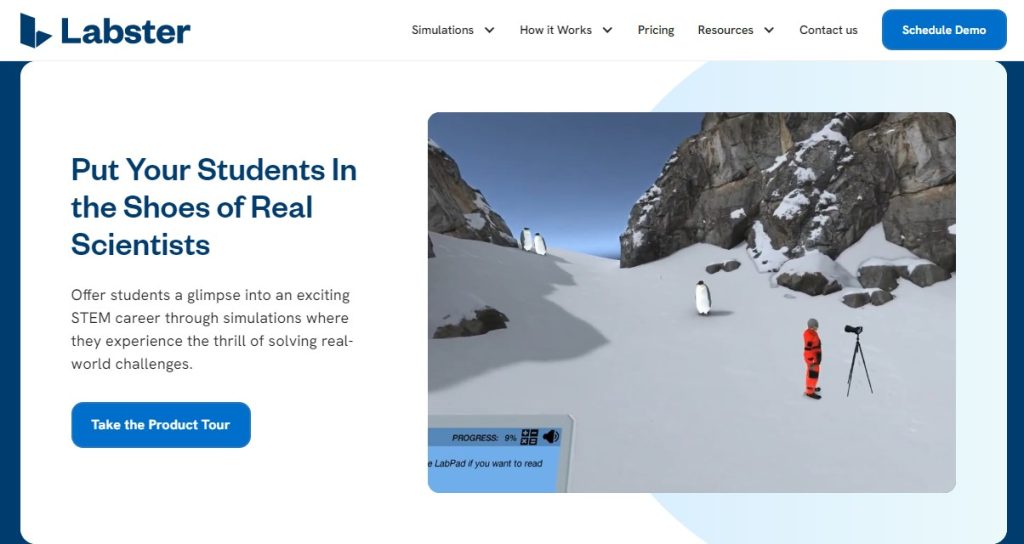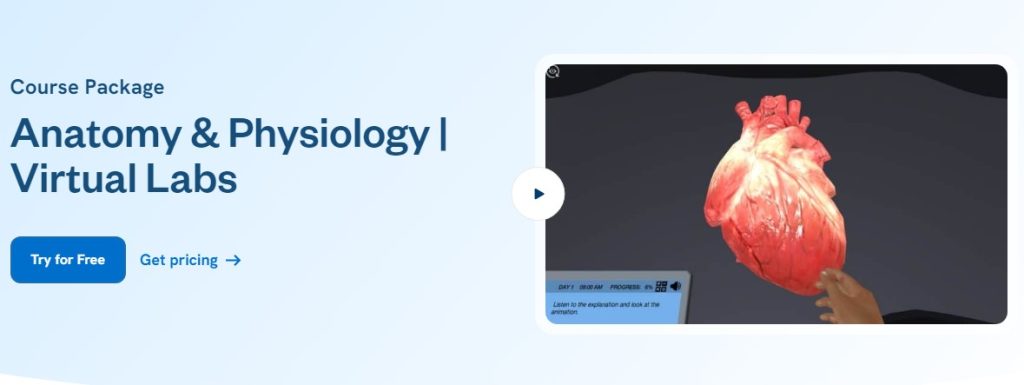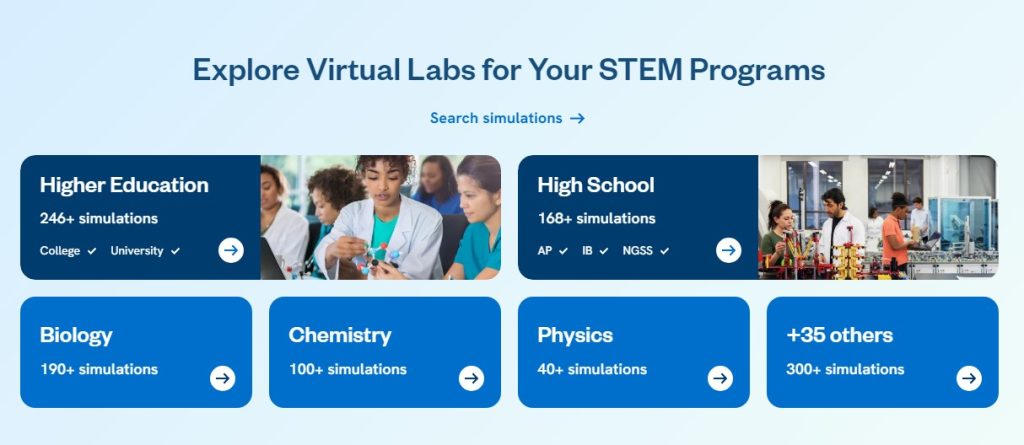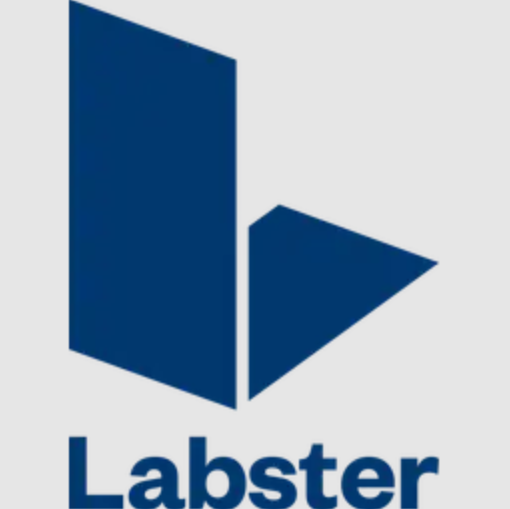Labster is an innovative virtual laboratory platform that aims to transform the conventional approach to science education by providing immersive online simulations. By leveraging cutting-edge technology, Labster offers educators and students an enriching learning experience in the field of science. The platform’s primary objective is to engage students through interactive simulations, thereby redefining the way science is taught in educational institutions worldwide.
Labster’s user-friendly interface and diverse range of simulations enable students to perform experiments, practice essential skills, and gain practical knowledge in a virtual environment. Educators can seamlessly integrate these simulations into their science courses, fostering a dynamic and engaging learning environment for students. The platform’s emphasis on experiential learning and accessibility sets it apart as a valuable resource for science education.
How Does It Work?

Labster operates as a web-based platform, accessible to both educators and students. Upon signing up, users gain access to a library of virtual laboratory simulations covering various scientific disciplines. Educators can select and assign simulations to their students, allowing them to engage in hands-on experiments and learn at their own pace. Students can navigate the simulations, perform experiments, and receive instant feedback, enhancing their understanding of scientific concepts in a practical, interactive manner.
Key Features

Labster’s features provide educators and students with a dynamic platform for experiential learning, fostering deeper comprehension of scientific principles.
Immersive Simulations
The platform provides a wide range of immersive virtual laboratory simulations, effectively replicating real-world experiments in a digital environment. This allows students to engage in hands-on learning experiences without the constraints of a physical laboratory.
Interactive Learning Experiences
Through interactive experiments, Labster fosters active learning, enabling students to delve deeper into scientific principles and concepts. This approach enhances comprehension and retention of knowledge through practical application.
Flexibility for Educators
Labster’s simulations can be seamlessly integrated into educators’ course curricula, offering flexibility in incorporating experiential learning opportunities. This integration enriches the overall learning experience for students by providing practical, interactive components to their science education.
Benefits to Users

The platform offers significant benefits to both educators and students. Educators can seamlessly integrate experiential learning into their science courses, fostering dynamic and interactive teaching methods that enhance student engagement. Meanwhile, students gain the opportunity for hands-on experimentation in a virtual environment, which encourages self-paced learning and a deeper comprehension of scientific concepts.
Pros
- Engaging and interactive learning experiences
- Accessible anytime, anywhere with an internet connection
- Diverse library of virtual laboratory simulations covering multiple scientific disciplines
Pricing and Value for Money
Labster offers various subscription options tailored to the needs of educational institutions and individual users. The platform provides excellent value for money by offering access to a wide range of virtual laboratory simulations, thereby enriching the learning experience for students. For detailed pricing information, including institutional subscriptions and course packages, users can visit the official Labster website.
Conclusion and Recommendation
Labster emerges as a valuable asset for educators and students seeking to revolutionize the way science is taught and learned. Its immersive simulations, interactive learning experiences, and flexible integration options make it an ideal platform for enhancing science education. Jasper recommends Labster to educational institutions and educators aiming to provide students with engaging, experiential learning opportunities in the field of science.
